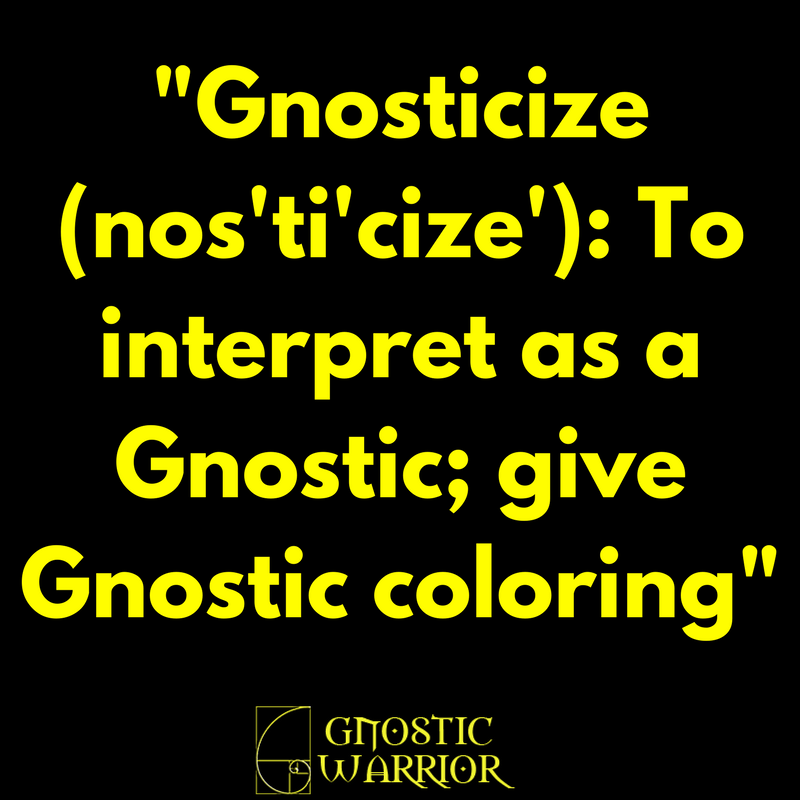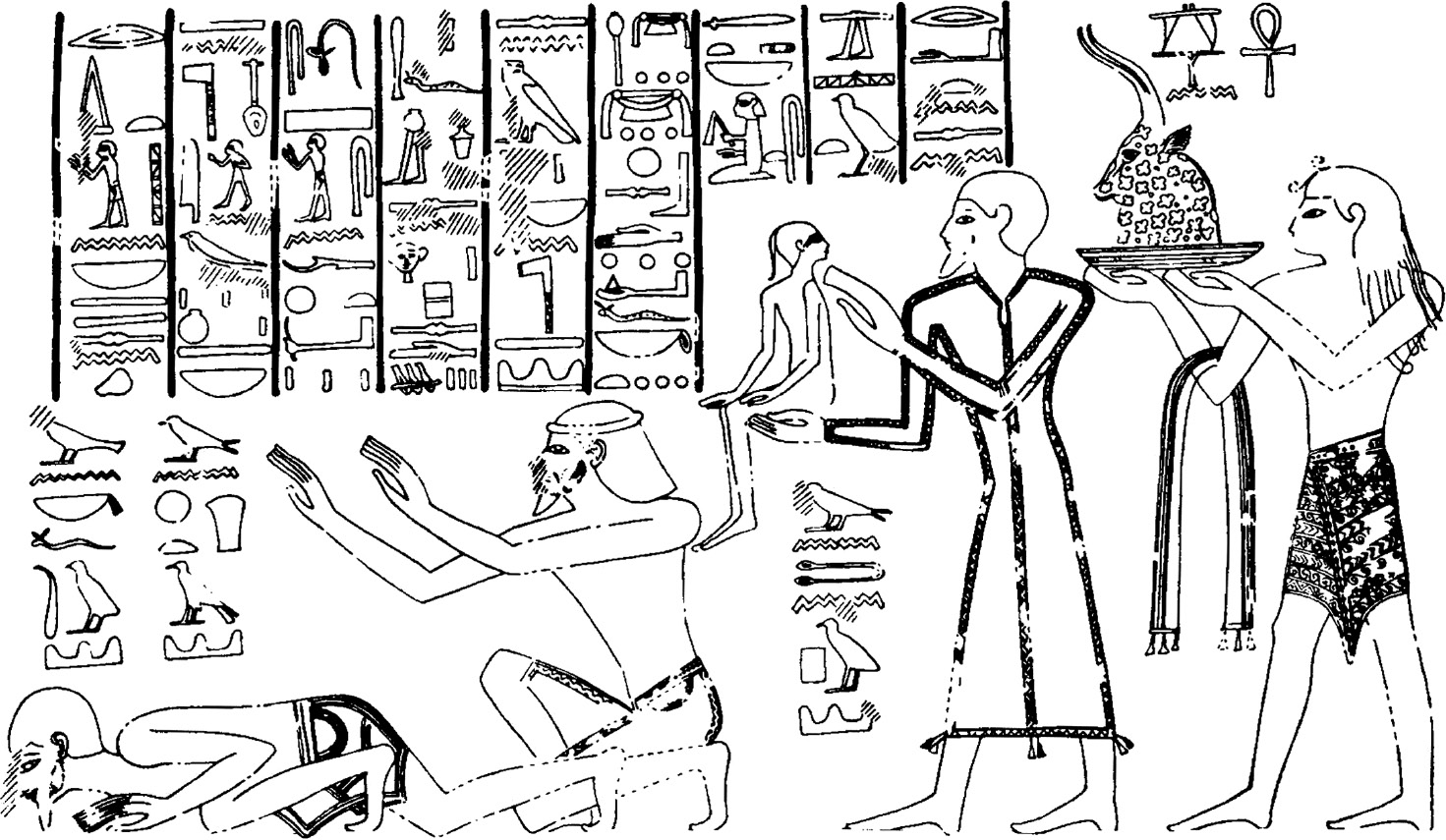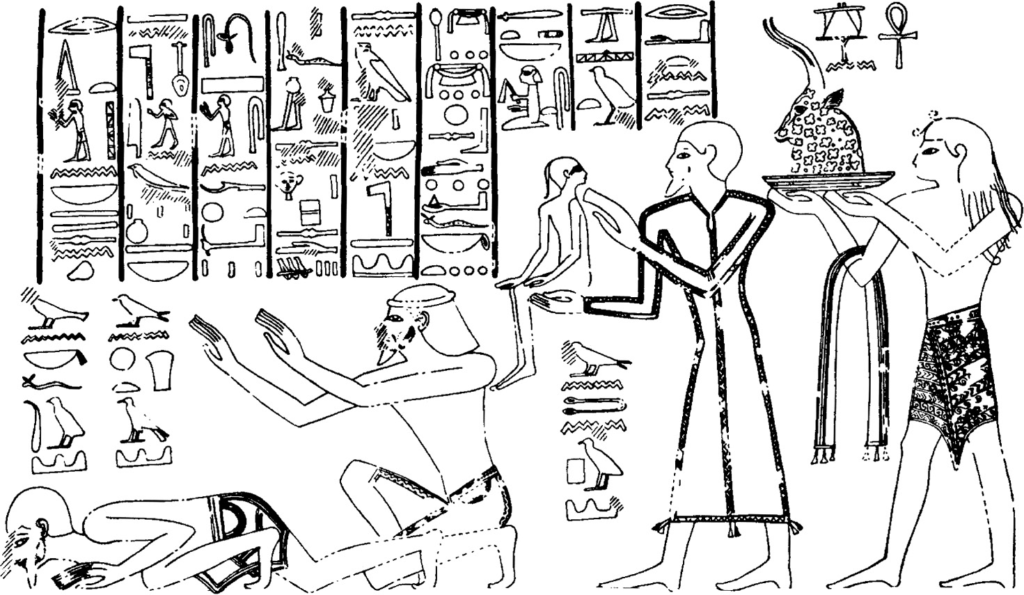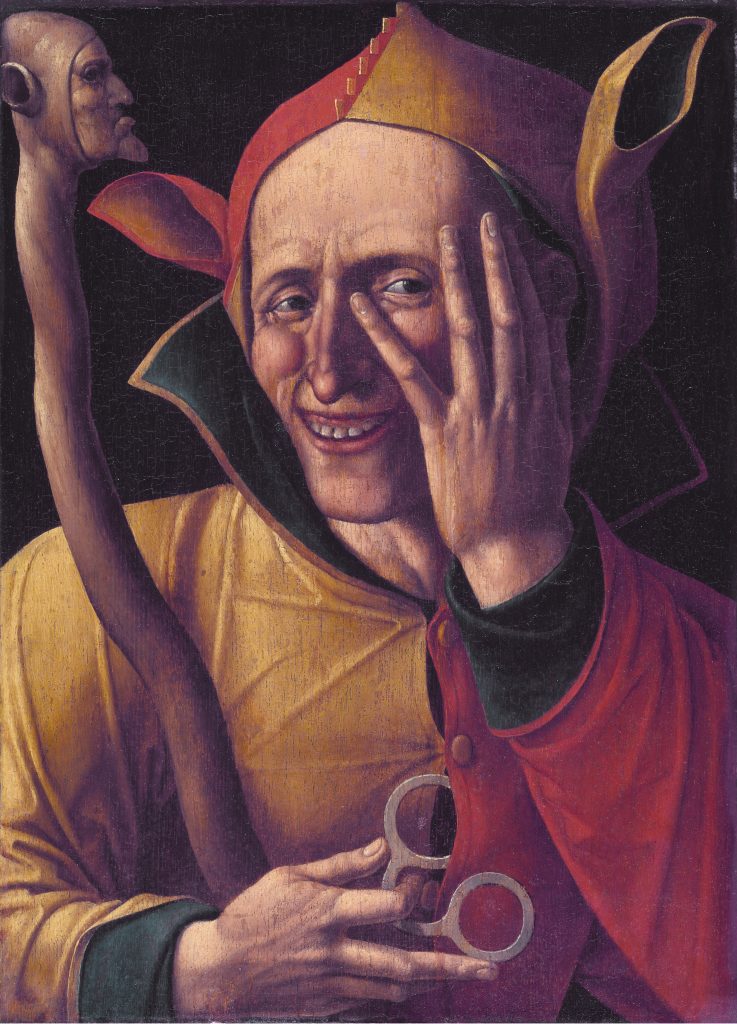
by Moe | Jul 7, 2019 | Latest Media, Meaning of Words
The meaning of the word curse is to pronounce and or inflict to invoke or wish evil upon; to call upon divine or supernatural power to send injury and to vex or torment upon someone and or something. It is the opposite of a blessing which means to favor and or to protect.

It is through the use of magic and spells with the belief that it is possible through the act of cursing to enlist the assistance of the superhuman beings to persuade them to carry out the person’s wishes of ill will and mal-intent.
The conception of blessing and cursing more often than not belongs to the priest, which man himself possessing through his religion the connection with deity and the spiritual ability to exercise power and control over another the power originally possessed only by deity (cf. Gen. xii, 3; Num. vi, 24, 27).
Priests and shamans connected to ancestral deities on their native soils are the most effective to command either the blessing or curse of deity, which they could exercise at a given point for the host of evil spirits to cause damage at the desired place and time.
To form the curse, the pair of individuals in a dyad are normally linked via religion, family, and or blood/DNA or items with the intended victim’s blood/DNA. This is why a blood sacrifice is often required.
One of the goals of the curse is to form an asymmetrical or hierarchical relationship such as in master–servant or master-dog. The master-dog reference has special significance in the history of humankind in this 6th Age which begins in the Bible with Cain killing his brother Able.
In this proposition or sentence, dog is the subject, and man is the object. If you will study the proposition yon will see that dog is the doer or actor, and man is that which is acted upon.
In Judaism, the ancient belief that thoughts, words, and speech have spiritual power to bring a curse was widespread. Some believe that the “power” of the speaker underpins the efficacy of the curse (Numbers 22:3), and others believe that curses uttered unintentionally by ordinary people also have the potential to be detrimental (Megillah 15a-b, 28a).
The curse-like penalty of karet in Judaism is when an individual is completely cut off from the people for willfully breaking laws. The proper way to atone for karet violations is with sacrifice or a scapegoat (Lev 4, Lev 16).
The story of the curse of Cain (Genesis 4:11-16) was the said to be the result of Cain murdering his brother, Abel which resulted in the earth becoming cursed as soon as the blood hit the ground.
MEANING AND ETYMOLOGY OF CURSE
The word curse if derived from cur, curre, corre, or kür which means “a dog or watchdog” – from the Middle English and North Germanic kur, or curre and the Middle Dutch corre (“house dog; watch-dog”), dia and Swedish kurre (“a dog”).
Compare also Old Norse kurra (“to growl; grumble”), Middle Low German korren (“to growl”). From the Anglo-Saxon, cursian, curse, a curse, from the root of cross. (Chambebs) and Anglo-Saxon, corsian, to execrate by the sign of the cross. (Wedowood)
Interestingly, the English Cain is derived from the Latin Canis we get the name for the ancient country known as Canaan for whom the Canaanites were named and also the Canaan dog.
In Ancient Rome, under the Law of the Caesars, only the Roman Curia had the legal authority to pronounce curses. The Curia (kū’ré-á) was a legal division of the Roman tribes in which Romulus originally divided the Roman people into three tribes, and each tribe into ten Curia to execute the Law of the Caesars.
The curia had the power of The Great Roman Curse – Excommunication and the life and death over the people with the sign of the cross.
The word cross is derived from curse which was said to mean something like “to swear by the cross” or “to ban, drive away, excommunicate by the sign of the cross.”
Anglo-Saxon, cursian, curse, a curse, from the root of cross.— Chambers.
Anglo-Saxon, corsian, to execrate by the sign of the cross.— Wedowood.
When Rome had officially introduced Christianity in the time of Constantine under the legal banner of war, the cross was changed to the Greek theta which is the symbol of death, that the Roman Emperors and Catholic Bishops had used as their standard for Christian warfare.
Hence, at the start of this 6th Age of war, Roman officials tortured and accursed the savior Jesus by virtue of hanging on the cross.
Moe is the founder of GnosticWarrior.com. He is a father, husband, author, martial arts black belt, and an expert in Gnosticism, the occult, and esotericism.

by Moe | Aug 21, 2018 | Meaning of Words
“We live in a Cult-u-re here in the West where much of our media has taken a page from the playbook of the Gnostics. Many movie scripts today are based on ancient Gnosticism where the writers Gnosticize in modern form to appeal to the senses by giving old themes a new Gnostic coloring.” – Moe Bedard

Moe is the founder of GnosticWarrior.com. He is a father, husband, author, martial arts black belt, and an expert in Gnosticism, the occult, and esotericism.

by Moe | Aug 8, 2018 | Egypt, Meaning of Words
In researching the meaning and etymology of words for the last 10 years, I have come to the conclusion that many researchers of modernity have systematically butchered the original meanings out of existence. It has got so bad that I have found that it is much better to just to do your own research well before our modern Babylonian era.
Take for example the people who the Egyptians called the ‘Keftiu.’

As I have explained in numerous articles, the Keftiu is just another name for the Cretans from the island in the sea called Crete which was considered the soul of the world and most powerful island for thousands of years.
If you try to research modern interpretations of the meaning and etymology of Keftiu, you will find some researchers with ludicrous meanings such as, “Those beyond or the men from the Back of Beyond; back behind; hinderland, the nail of the earth and even pillar.”
But the facts are the compound word Keftiu is derived from the words Kef or Keph and tiu or tu.
Kef is from the Greek words “kepha, kephas and or kephalé,” which mean “the head,” but also denote esoterically in religion as, “Rock, Ruler, Lord or a Cornerstone (Masonic), uniting two walls.”
The definition of Tiu we can find is borrowed from the Ancient Greek word – ταῦ (taû) which comes from the 22nd letter of the Phoenician abjad, called taw AKA ? (t) which is the Omega in the 22 letters of the Hebrew alphabet.
The taw, X, and t, all signify the mathematical formula the left and right brain bullseye in the 22 bones of the skull that we humans need to create AKA to do which must first happen in the Kef (Kepha) AKA the head.
This is why in Middle English tawen, from Old English tawian (“to do, make”), from Proto-Germanic *tawjaną (“to make, prepare”) or the Gothic ?????? (taujan, “to make, prepare”).
After all, the Ancient Egyptians had portrayed the Keftiu has the creators and makers of all sorts of crafts, buildings, and statues. Today, science has verified that Crete and the Cretans were essentially the creators of Western civilization in which they would have had to use their heads to do – AKA Kef Tiu.
Moe is the founder of GnosticWarrior.com. He is a father, husband, author, martial arts black belt, and an expert in Gnosticism, the occult, and esotericism.
by Moe | May 4, 2018 | Meaning of Words
Today, in our modern world, being so-called digitally social and social media is the latest fad. From Facebook to Instagram, your favorite no-name F league celebrity and self-proclaimed esoteric online master has a page with 100,000 followers.
These people are what you might call “climbing the social ladder” and some would go so far to say that they are “social media rock stars”.
The Romans actually had a word for a “social climber” who would advance the ranks of society by getting dinner invitations from important persons.
The Roman word for these people is “parasitus.” (more…)
Moe is the founder of GnosticWarrior.com. He is a father, husband, author, martial arts black belt, and an expert in Gnosticism, the occult, and esotericism.
by Moe | Apr 26, 2018 | Meaning of Words
The English word idea means, “to conceive anything in the mind; also a model, a copy to be imitated.”
Not many people know that the words idol, doll, ideal, and idyll are all derived from the word “idea.”

In Norse mythology, Ideas’ name is Idun (Iðunn) and is a goddess associated with apples and youth. The name Ida is found in England as Ada, Ida or Edith which all mean rich-gift, blessing, or happiness. The Hebrew name Adah signifies ornament.
(more…)
Moe is the founder of GnosticWarrior.com. He is a father, husband, author, martial arts black belt, and an expert in Gnosticism, the occult, and esotericism.
by Moe | Apr 1, 2018 | Meaning of Words

April Fools’ Day is a special day dedicated to playing practical jokes and pranks. In English- speaking countries it is known as an April fool; in France, an April fish; in Scotland, he is an April gawk. But most people who partake in the foolish fun have no idea why we still celebrate this day filled with gags.
It makes you wonder who is being played the fool here.
(more…)
Moe is the founder of GnosticWarrior.com. He is a father, husband, author, martial arts black belt, and an expert in Gnosticism, the occult, and esotericism.








